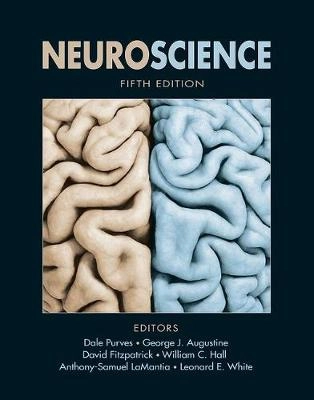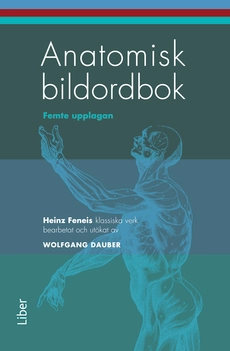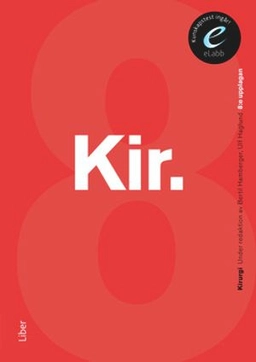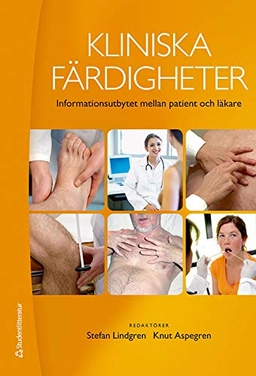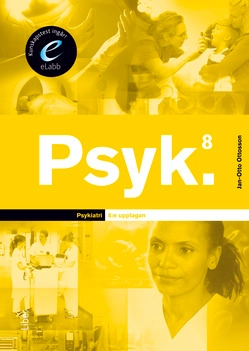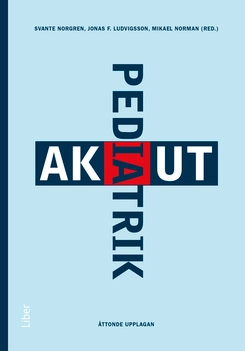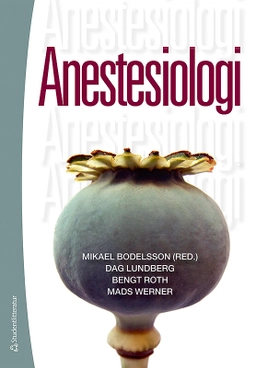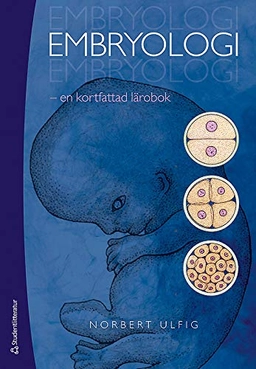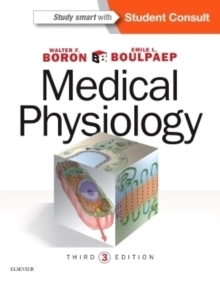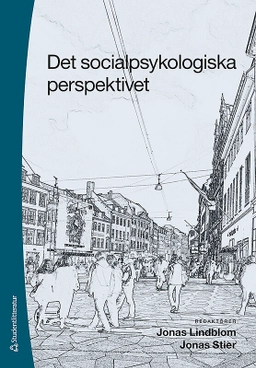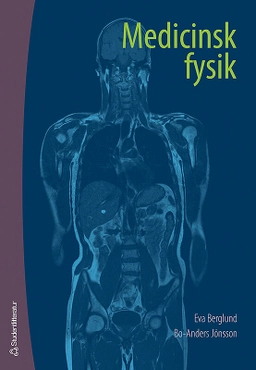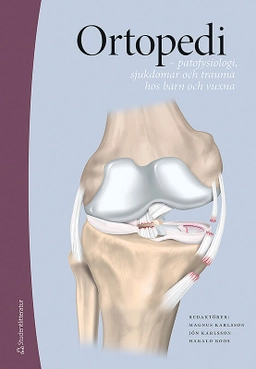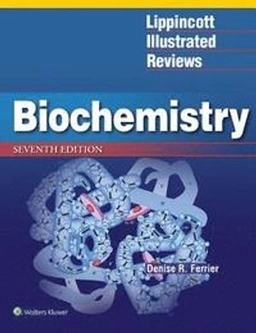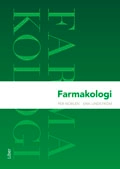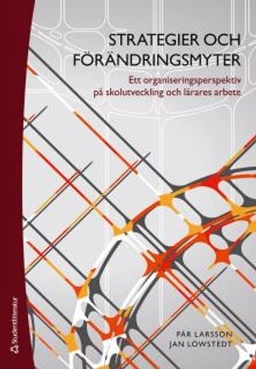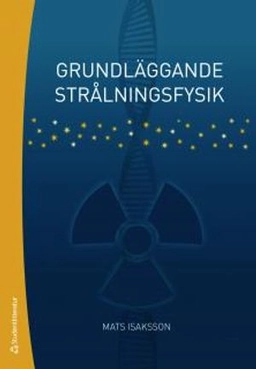Neuroscience is a comprehensive textbook created primarily for medical, premedical, and undergraduate students. In a single concise and approachable volume, the text guides students through the challenges and excitement of this rapidly changing field. The book's concise length and accessible writing are a successful combination that has proven to work equally well for medical students and in undergraduate neuroscience courses. NEW TO THIS EDITION Thoroughly revised and updated text * All chapters are fully updated to reflect current research * Substantial revisions have been made to: - Chapter 4, Ion Channels and Transporters - Chapter 6, Neurotransmitters and Their Receptors - Chapter 8, Synaptic Plasticity - ALL chapters in Unit IV, The Changing Brain - ALL chapters in Unit V, Complex Brain Functions Expanded full colour art * A completely new colour palette with digital enhancements. STUDENT SUPPLEMENTS Companion Website (sites.sinauer.com/neuroscience5e) The Neuroscience companion website features review and study tools to help students master the material presented in the neuroscience course. Access to the site is free of charge and requires no access code.The site includes: * Chapter Summaries: Concise overviews of the important topics covered in each chapter. * Animations: Detailed animations depict many of the key topics presented in the textbook. Topics such as synaptic transmission, resting membrane potential, information processing in the eye, the stretch reflex, and many others are presented in a dynamic manner that helps students visualize and better understand many of the complex processes of neuroscience. * Flashcards and Key Terms: Flashcard activities help students master the extensive vocabulary of neuroscience. Each chapter's set of flashcards includes all the key terms introduced in that chapter. Sylvius: An Interactive Atlas and Visual Glossary of Human Neuroanatomy S. Mark Williams, Leonard E. White, and Andrew C. Mace Sylvius provides a unique computer-based learning environment for exploring and understanding the structure of the human central nervous system. Sylvius features fully annotated surface views of the human brain, as well as interactive tools for dissecting the central nervous system and viewing fully annotated cross-sections of preserved specimens and living subjects imaged by magnetic resonance.Much more than a conventional atlas,Sylvius incorporates a comprehensive, visually rich, searchable database of more than 500 neuroanatomical terms that are concisely defined and visualized in photographs, magnetic resonance images, and illustrations fromthe main Neuroscience text. LECTURER SUPPLEMENTS (Only available for confirmed adopters of the textbook - see details below) Instructor's Resource Library The Neuroscience Instructor's Resource Library includes a variety of resources, including: *Textbook Figures and Tables: All the figures and tables from the textbook are provided in JPEG format (both high- and low-resolution), reformatted and relabelled for optimal readability. *PowerPoint(R) Presentations: A PowerPoint presentation that includes all figures and tables is included for each chapter, making it easy to add figures to your own presentations. *Atlas Images: All of the images from the book's Atlas of the Human Central Nervous System (which are from Sylvius) are included in PowerPoint format, for use in lecture. *Animations: All of the animations from the companion website are included for use in lecture and other course-related activities.*Quiz Questions: All of the questions from the new companion website's online quizzes are provided in Microsoft(R) Word(R) format. *Review Questions: A set of short-answer review questions is provided for each chapter of the textbook (Microsoft Word format), along with a list of chapter-specific key terms. Lecturers Supplements are available to confirmed adopters of the textbook. To request, please email
[email protected] with the title and ISBN of the required supplement together with your academic details: Supplement requested ISBN Your name Your Job Title Your academic address Your academic email Module name Module start date Module student numbers
